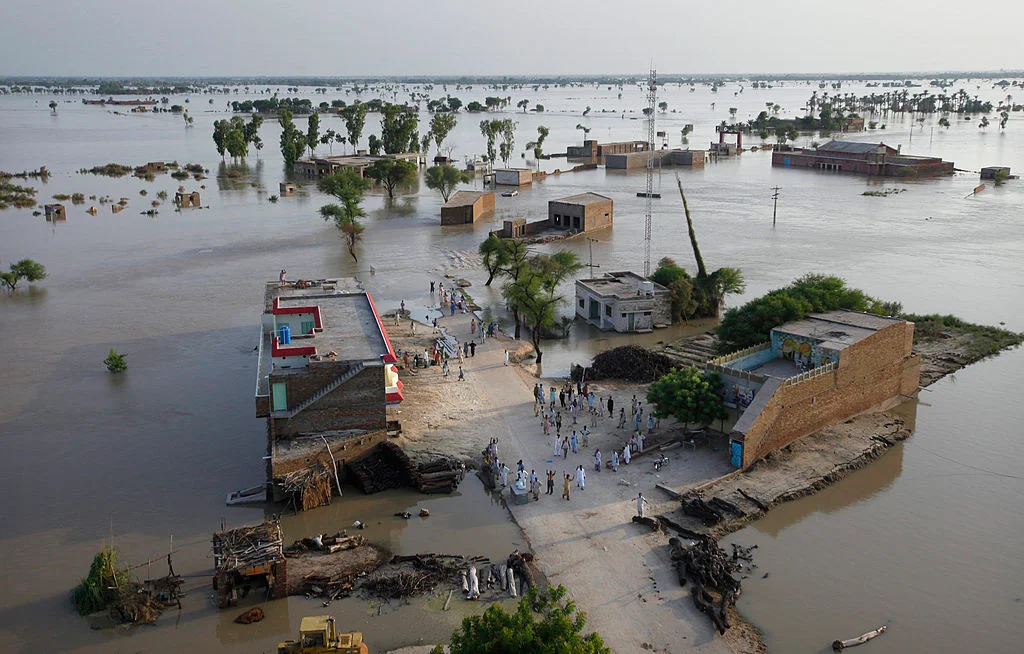Scientists have attributed the devastating floods which displaced 1.5 million Nigerians and killed over 800 people in West Africa, including 612 in Nigeria alone to human-caused climate change.
The researchers, from the World Weather Attribution group, which evaluates the impact climate change has on extreme-weather events, made several related findings, including that it made the excessive rainfall behind the flooding 80 times more probable.
In their analysis, the researchers uncovered what they described as a very clear fingerprint of human-caused climate change.
Read also: #COP27: Lula says Brazil back on global stage
The analysis employed weather data and climate models to compare present climate conditions to the past.
The researchers focused on the Lake Chad Basin, which saw a wetter-than-average rainy season, and the Lower Niger Basin, which saw short spikes in very heavy rain, to analyze climate change impacts.
Running simulations with and without the influences of greenhouse gas emissions and aerosol pollution, the researchers were able to quantify how climate change altered the risk of extreme rainfall.
Nigeria, Niger, Cameroon, Chad and Benin were among the countries hit hardest by the flooding. Nearly 200 Niger residents and 22 people in Chad were killed.
West Africa’s typical rainy season spans from May to October, but this year’s rainy season started early. Nigeria and Niger were the first to experience sweeping floods.
Story was adapted from the Washington Post.
